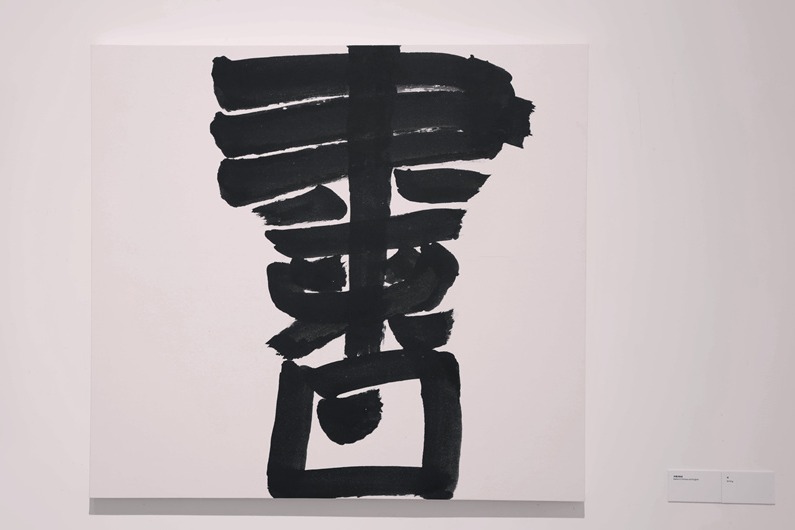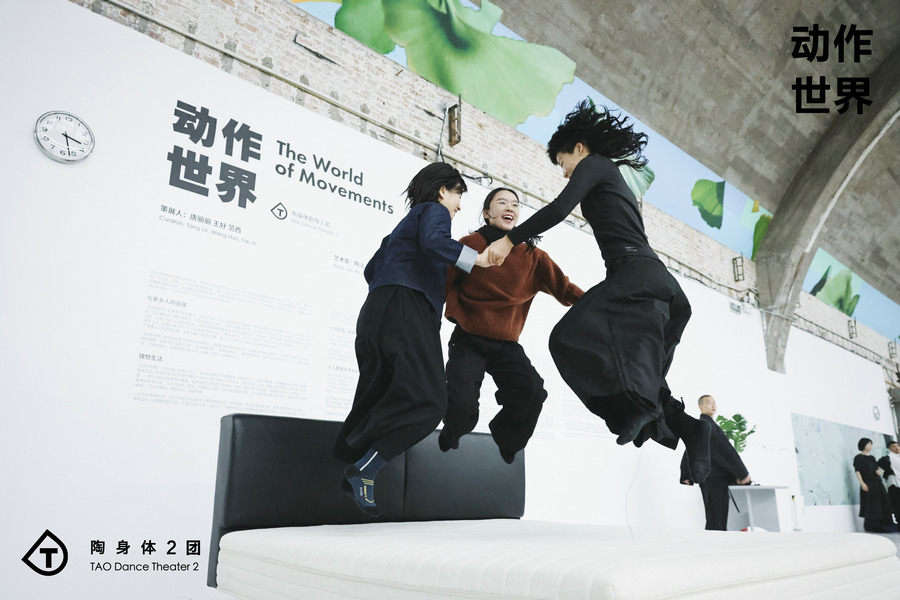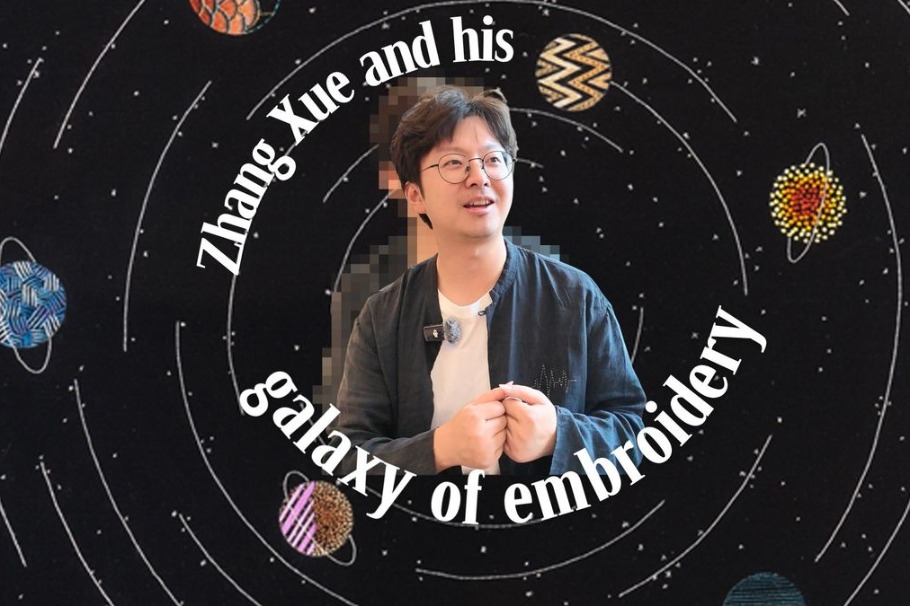Recipe for survival


Li, a native of Beijing, recalls that what initially drew her to this drama was its exploration of family, friendship, and love in the face of life's impermanence.
"We tend to have certain expectations when it comes to family — it's almost instinctive. We don't like it when those expectations are not met. It's like we take it for granted that our parents should love and support us, but often that can lead to unrealistic hopes," says Li.
The drama features the hutong culture of Beijing and the street scenes of Macao. Li shares an interesting behind-the-scenes detail: while filming in downtown Beijing, the crew discovered a hutong courtyard that was slated for demolition. Although the residents had moved out, the houses remained intact. After a makeover by the art department, the courtyard was transformed into a key filming location.
During the shoot, some elderly locals from nearby neighborhoods gathered to watch. Li recalls that, instead of turning them away, the crew invited them to participate — and their spontaneous, authentic reactions made them natural "extras" in the background.
This sense of spontaneity runs throughout the drama. One of Liu Yan's most repeated lines — "When there's no way out, eat first" — embodies the show's quiet resilience. "The story wants to say: even when things are hard, even when you can't change the past — eat, rest, take care of yourself," Li says. "The hard times will pass."





































